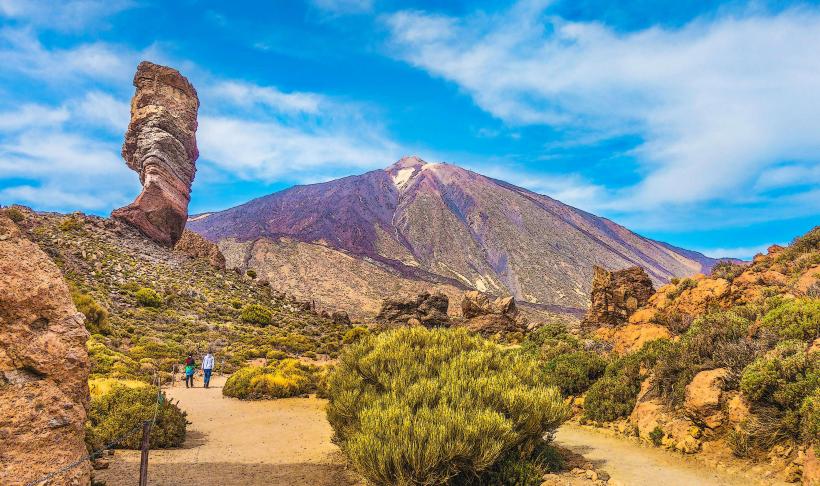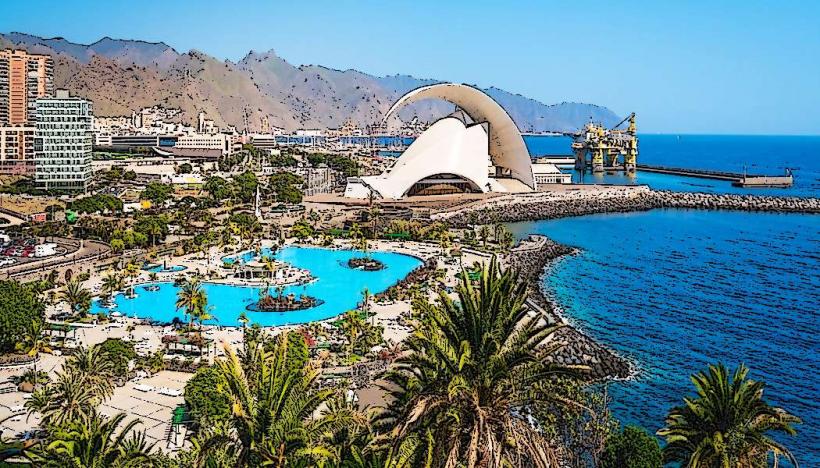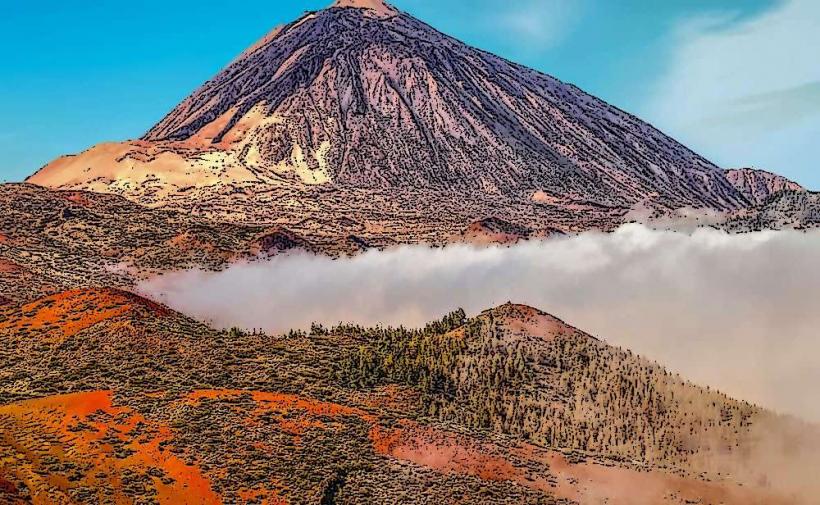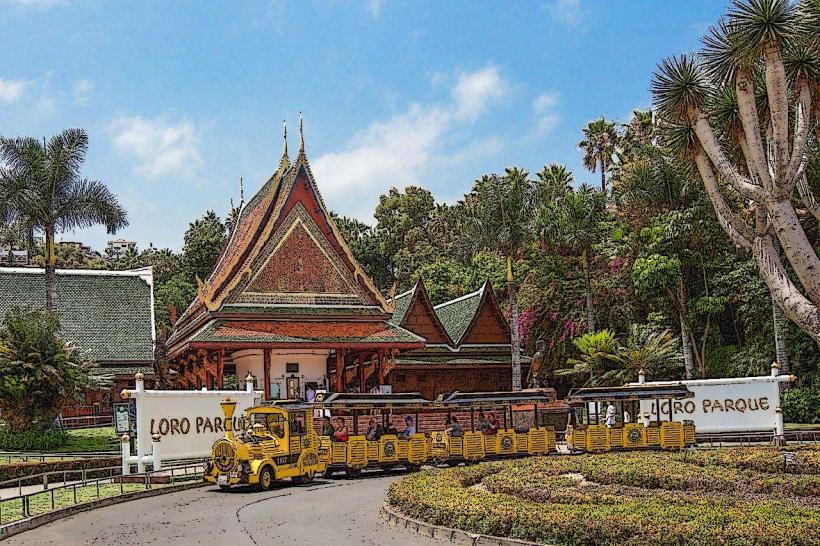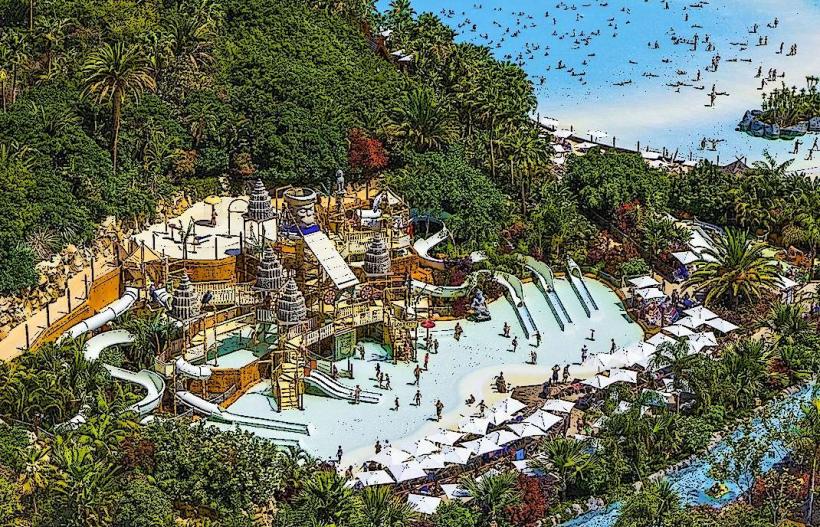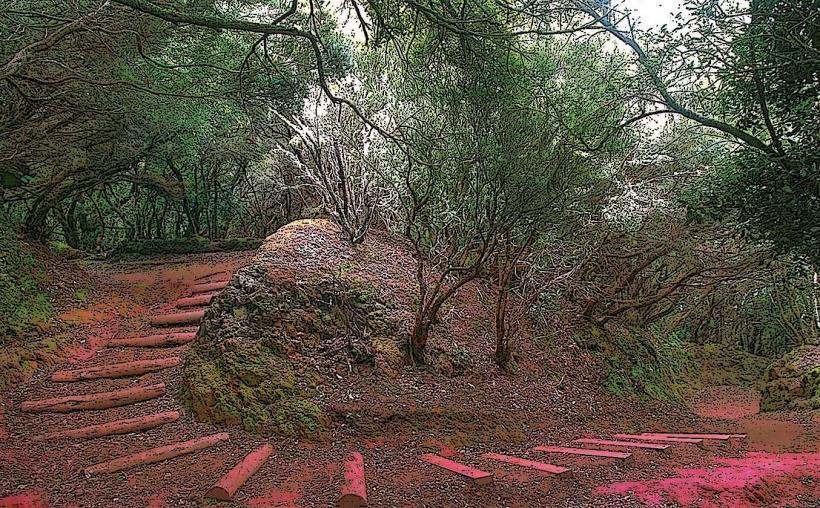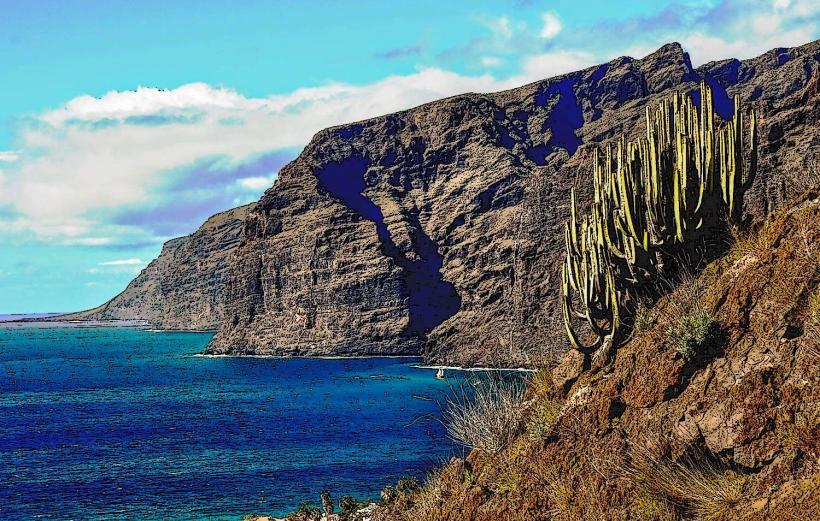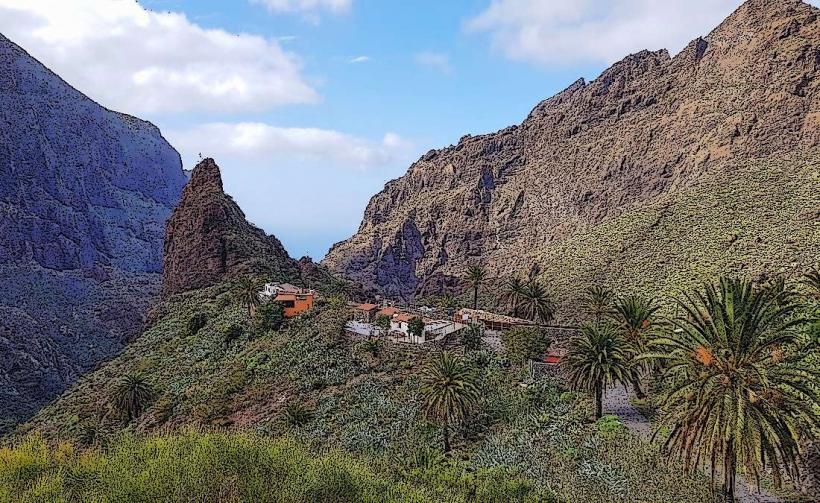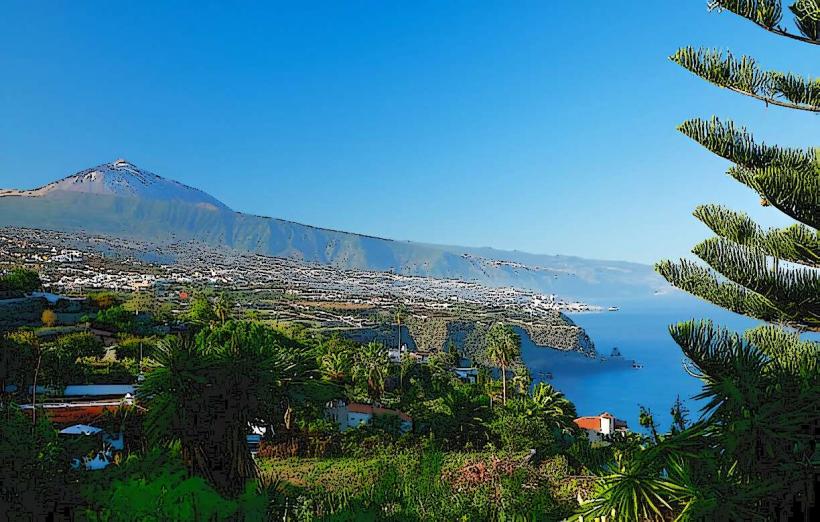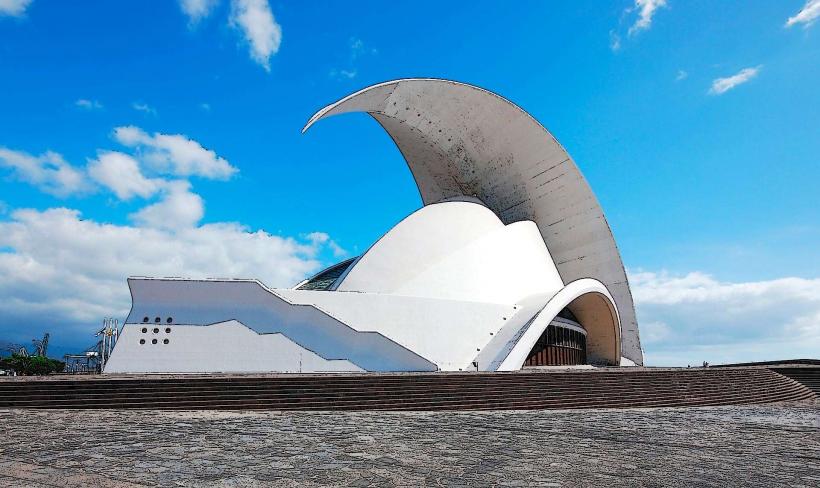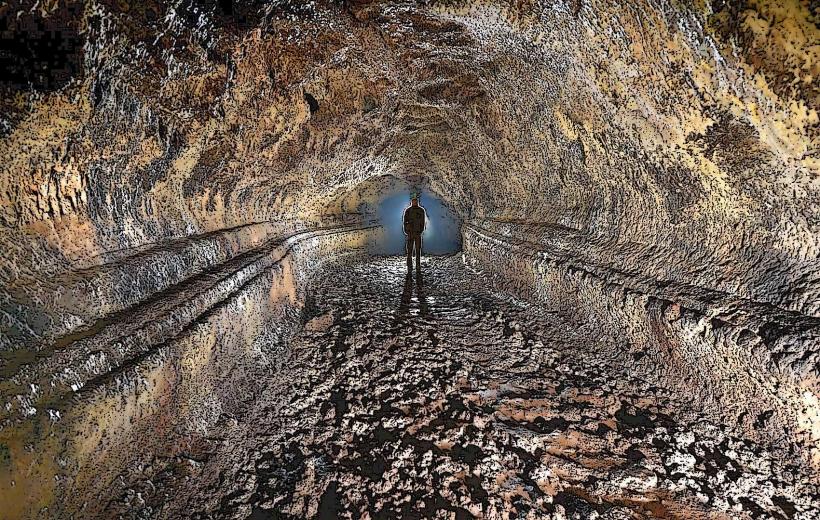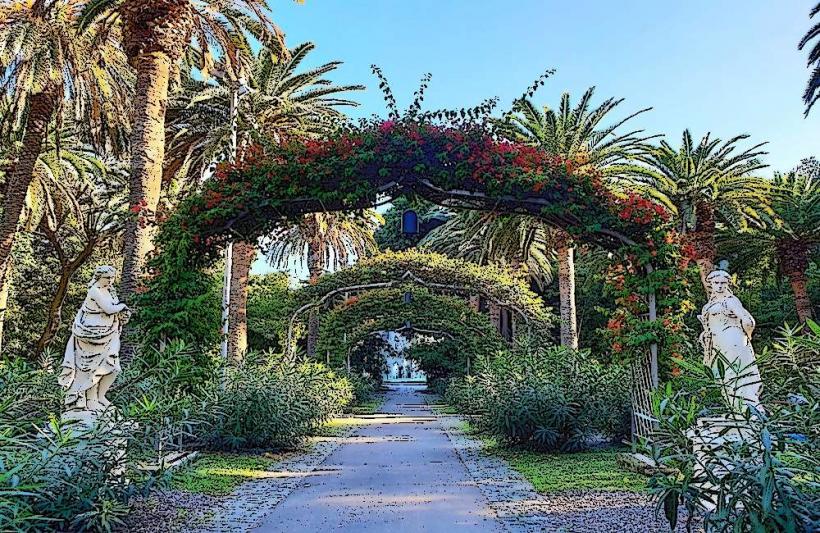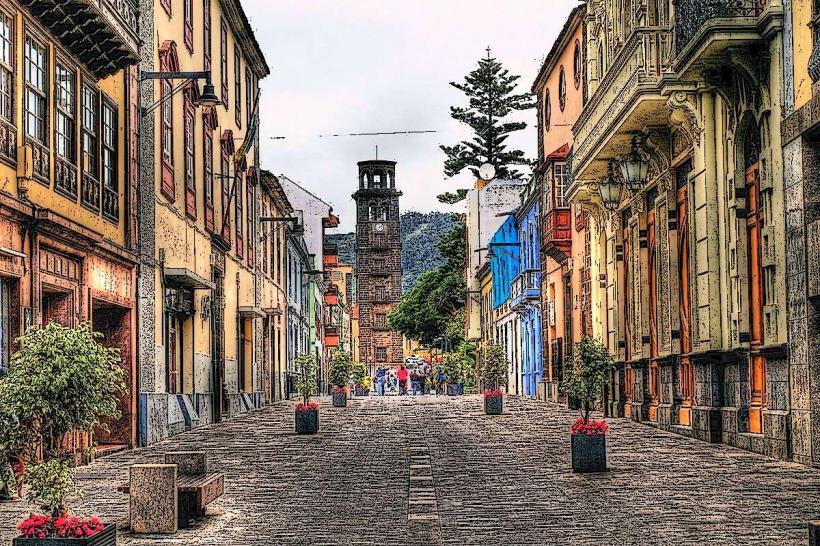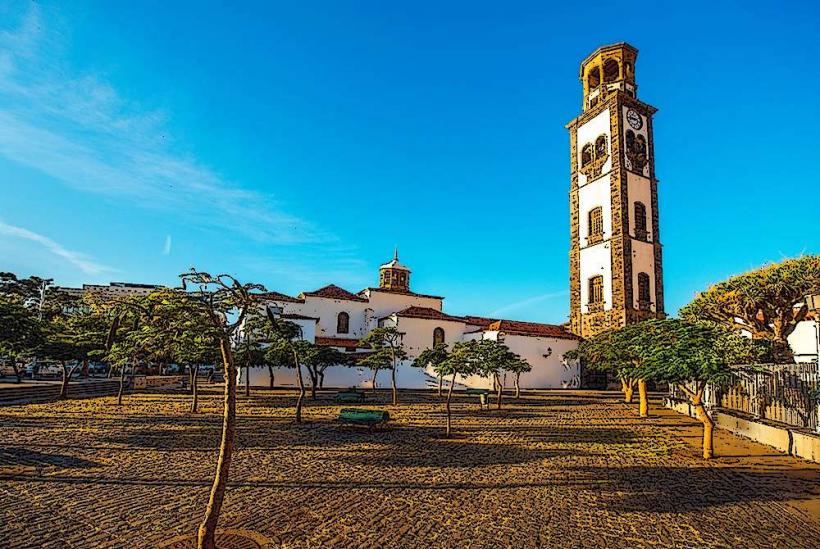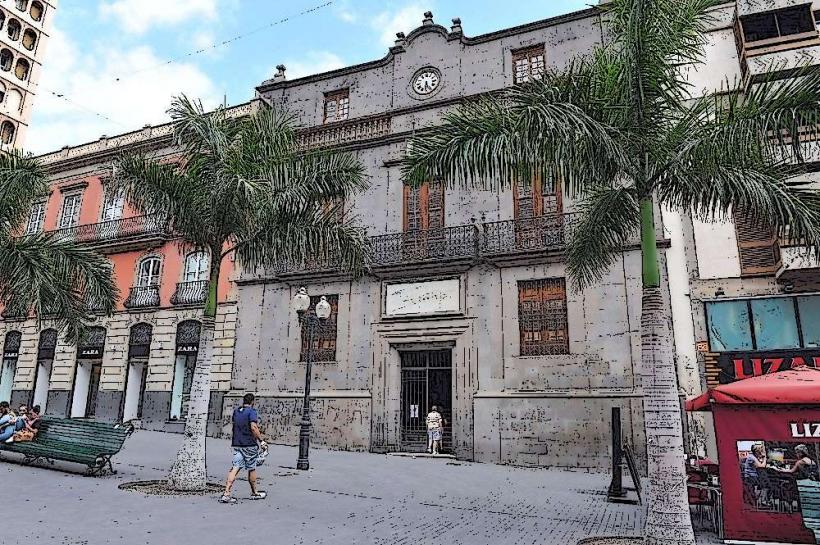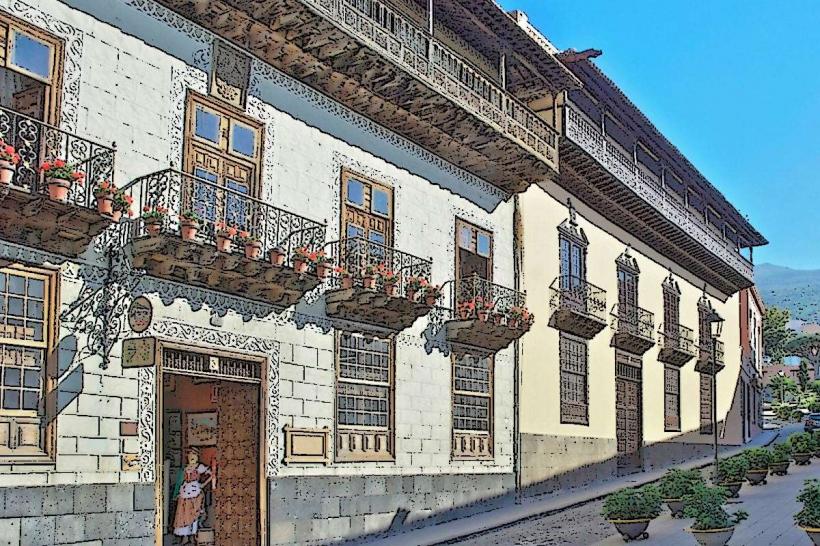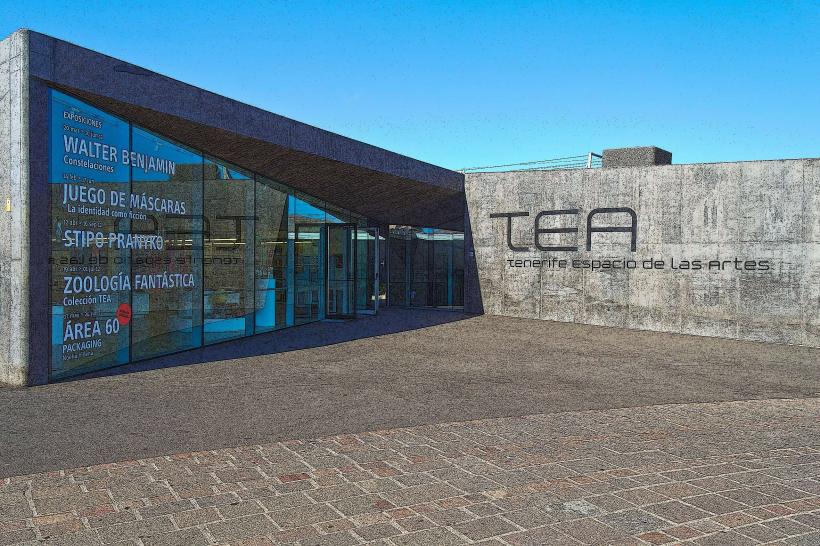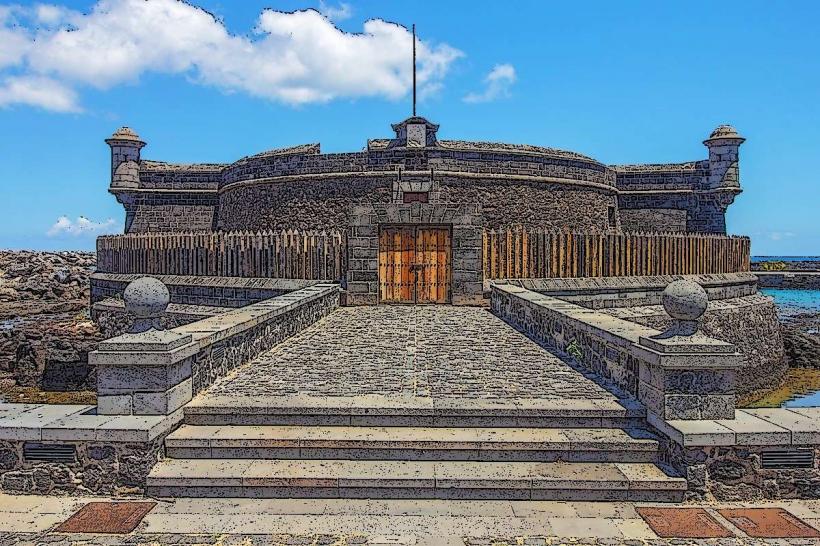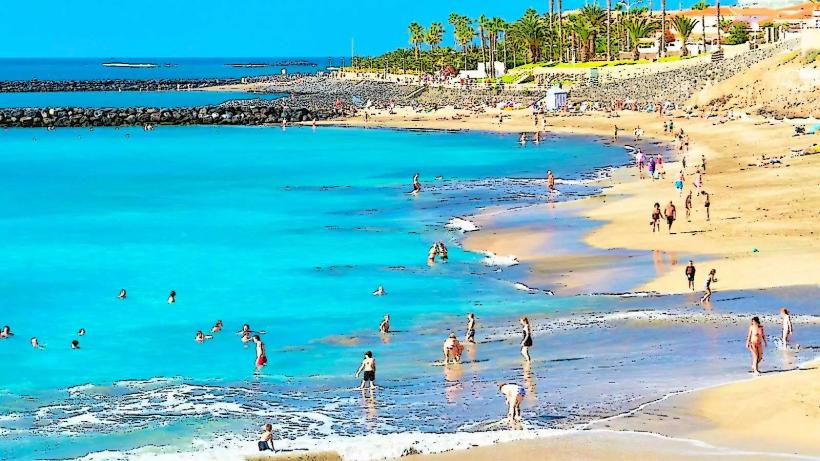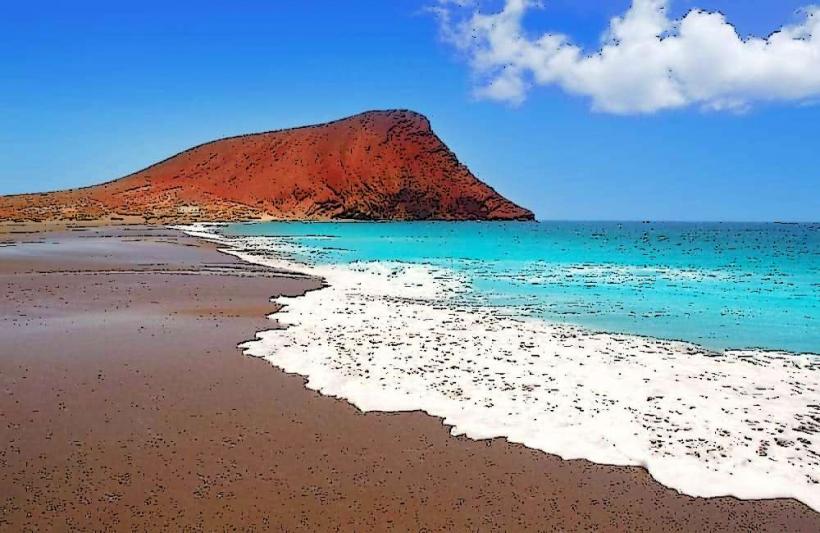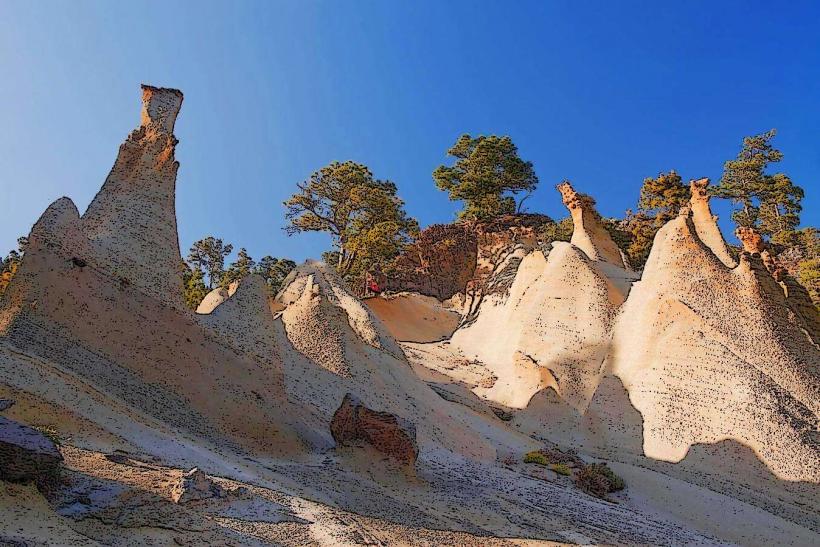Information
Landmark: Las Cañadas del TeideCity: Tenerife
Country: Canary Islands
Continent: Europe
Las Cañadas del Teide, Tenerife, Canary Islands, Europe
Las Cañadas del Teide is a vast and awe-inspiring national park located in the center of the island of Tenerife, part of the Canary Islands. It is one of the most visited natural sites in Spain and a UNESCO World Heritage Site due to its geological significance, unique landscapes, and stunning biodiversity. The park surrounds the Teide Volcano, the highest peak in Spain and an iconic symbol of the island.
Here are the key details about Las Cañadas del Teide:
Geography and Location:
- Location: Situated in the central part of Tenerife, Las Cañadas del Teide National Park spans across an area of approximately 190 square kilometers (73 square miles). It is easily accessible from various parts of the island, particularly the southern and northern regions, making it a popular destination for tourists and locals alike.
- Teide Volcano: The park is centered around Mount Teide, which reaches a height of 3,718 meters (12,198 feet), making it the highest peak in Spain. Teide is an active stratovolcano, with its last eruption occurring in 1909. The surrounding landscape is characterized by volcanic formations, cratered areas, and lava flows, creating a dramatic and otherworldly environment.
Landscape and Geology:
- Caldera de Las Cañadas: The park is primarily located within the Las Cañadas Caldera, a large volcanic crater that was formed millions of years ago by a massive volcanic collapse. The caldera is roughly 16 kilometers (10 miles) in diameter and contains a range of fascinating geological features, including deep ravines, volcanic cones, and lava plateaus.
- Lava Fields and Rock Formations: The park is home to vast lava fields, which were created by the eruption of Teide over the millennia. The landscape is dotted with unique rock formations, such as the famous Roques de García, a group of towering rock pinnacles that are one of the most recognizable features of the park. The area’s stark, almost lunar appearance makes it a favorite location for filmmakers and photographers.
- Volcanic Soil and Flora: Despite the harsh volcanic environment, the park is home to a wide variety of flora, including endemic species like the Teide violet and the Canary Island broom. The volcanic soil supports different vegetation zones, with lower altitudes hosting pine forests, while higher altitudes are characterized by alpine vegetation and rugged, rocky landscapes.
Biodiversity:
- Flora: The national park is home to a variety of plant species adapted to its unique volcanic environment. These include endemic species such as Teide broom, Canary Island pine, and wild thyme. The higher altitudes feature more alpine species, while the lower altitudes near the park’s edge support forested areas.
- Fauna: The park also supports a variety of animal species, many of which are endemic to the Canary Islands. Birds such as the Canary Islands stonechat and the Berthelot’s pipit are commonly spotted in the park. Reptiles, including the Canary Island lizard, and various insects are also present. Mammals are rare in the park, although a few species like the Tenerife bat can be found in the surrounding areas.
Teide Cable Car and Hiking:
- Teide Cable Car: One of the most popular ways to explore the park is via the Teide Cable Car (Teleférico del Teide), which takes visitors from the base station at around 2,356 meters (7,730 feet) up to 3,555 meters (11,663 feet), near the summit of Teide. The cable car offers spectacular views of the surrounding volcanic landscape, and visitors can enjoy panoramic vistas of Tenerife and the neighboring islands of La Gomera, La Palma, and El Hierro on clear days.
- Hiking Trails: The park is a hiker’s paradise, offering numerous trails that range from easy walks to more challenging routes. Popular hikes include:
- Sendero del Teide: A challenging route to the summit of Mount Teide, which can be done either on foot or by taking the cable car up and hiking the final stretch to the top.
- Roques de García: A relatively easy circular route around the iconic rock formations. The trail offers stunning views of Teide and the surrounding caldera.
- Montaña Blanca Trail: A longer hike that begins at the base of the mountain and ascends towards the Teide Cable Car station.
Teide Observatory and Astronomy:
- Astronomy: Teide National Park is an internationally recognized stargazing location due to its clear skies, high altitude, and minimal light pollution. The Teide Observatory (observatorio del Teide) is located on the slopes of Teide at an altitude of around 2,400 meters (7,874 feet). It is one of the largest solar observatories in Europe and is used for scientific research and astronomical studies. The park is a popular destination for night sky enthusiasts, offering stargazing tours and opportunities to observe the stars and planets.
Cultural and Historical Significance:
- Aboriginal Significance: Before Spanish colonization, the Guanches, the indigenous people of Tenerife, considered Teide to be a sacred mountain. The peak was believed to be the home of their god, and the surrounding volcanic area played a key role in their myths and religious practices.
- Modern Cultural Influence: Las Cañadas del Teide has had a significant impact on the island’s culture and identity, inspiring artists, filmmakers, and photographers. The park has been used as the backdrop for numerous films, including the James Bond movie Die Another Day.
Visitor Facilities and Services:
- Visitor Centers: The park has a few visitor centers where guests can learn about the park's geology, flora, fauna, and cultural heritage. The main center is at the El Portillo area, and there is also a small information point at the base of the Teide Cable Car.
- Guided Tours: There are various guided tours available for those interested in learning more about the park's natural wonders. These tours can be organized for stargazing, hiking, and general sightseeing.
- Accessibility: The park is easily accessible by car, and several roads lead into the park from both the northern and southern parts of the island. However, some areas, particularly near the summit of Teide, are only accessible via the cable car or by hiking.
Conclusion:
Las Cañadas del Teide is a spectacular natural wonder that offers visitors a chance to explore some of the most dramatic landscapes in the Canary Islands. From the towering peak of Mount Teide to the surrounding volcanic plains and unique geological features, the park provides opportunities for hiking, stargazing, and experiencing the island’s rich history and culture. Whether you are an outdoor enthusiast, a nature lover, or someone interested in astronomy, Las Cañadas del Teide offers a diverse and unforgettable experience.

